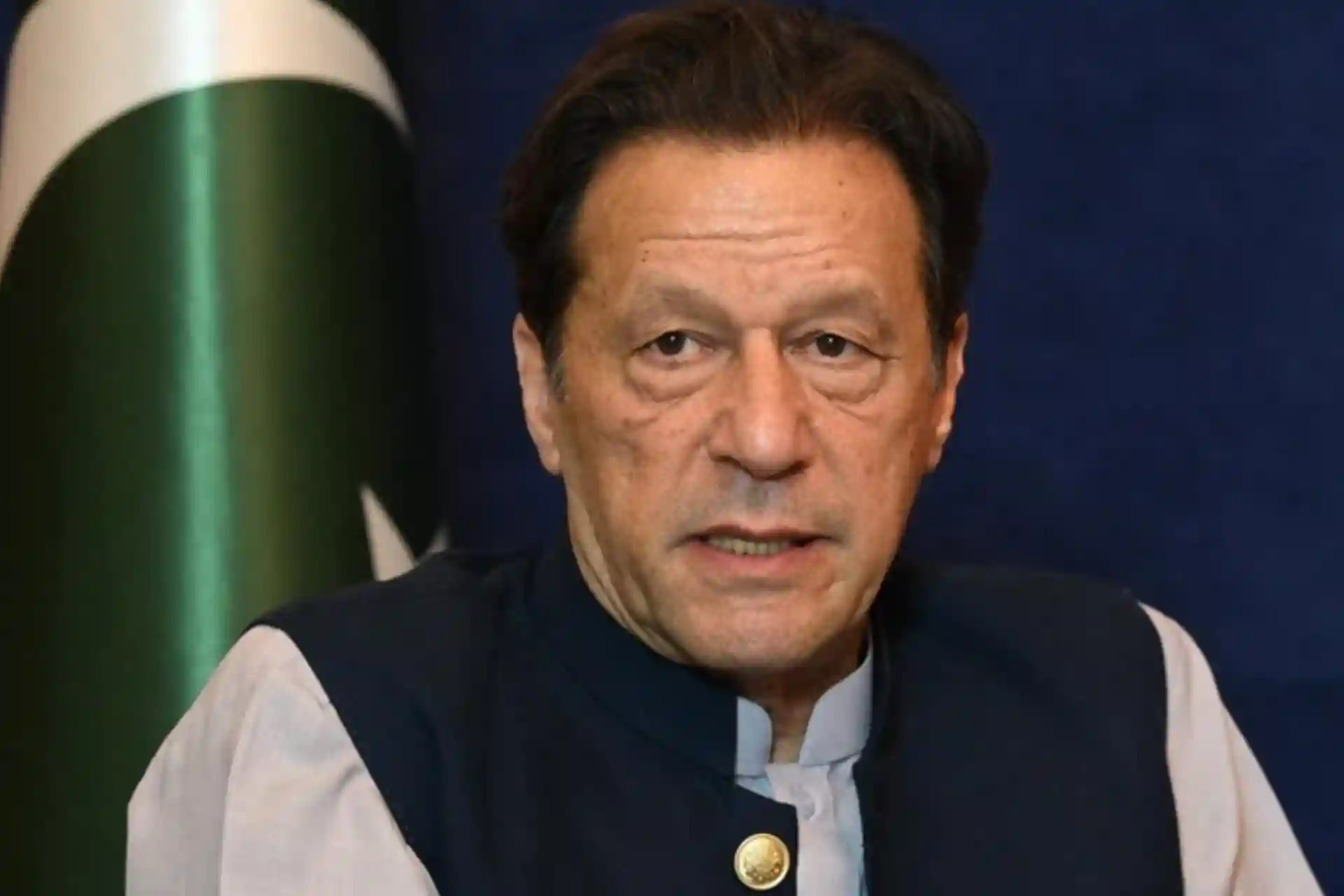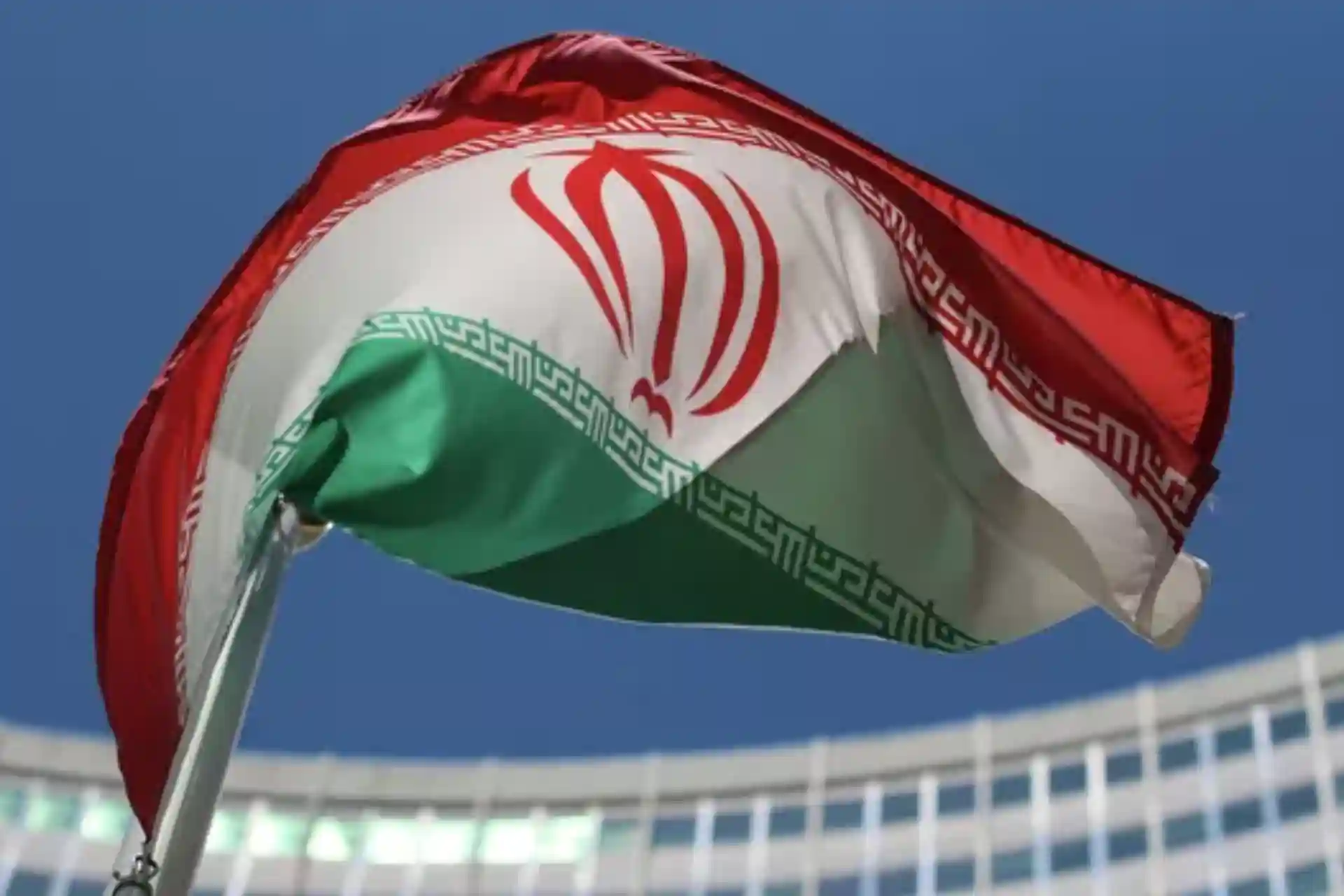07.05.2025 04:26
1400
Analysis: India attacks Pakistan. Will a nuclear war break out?
On May 6, 2025, India launched missile strikes on multiple targets in Pakistan-administered Kashmir, marking a significant escalation in ongoing tensions between the two nuclear-armed neighbors.
India announced the launch of "Operation Sindoor" and targeted nine facilities in Pakistan. New Delhi said the strike was a "targeted operation against terrorist infrastructure" and that the actions were "limited."
Initially, the official Islamabad accused India of killing at least three people, including a child, and destroying mosques and madrasas. A little later, a representative of the country's Ministry of Defense reported that eight people were killed and 35 others were injured in the Indian air strikes. If the events continue like this, the number of victims and injuries may increase.
The Indian Ministry of Defense described the strikes as "directed, measured and unprovoked" and stressed that no Pakistani military facility was targeted.
The Pakistani military called the strikes a "cowardly attack" on civilians and vowed to respond "at a time and place of its choosing." At the same time, Pakistan said it had shot down two Indian air force fighter jets. Western media reported that up to five Indian army fighter jets had been shot down and several Indian soldiers had been captured.
According to military sources, India used French-made SCALP cruise missiles and Rafale fighter jets in its strikes on Pakistan.
It was also previously reported that Russia had sent Igla-S portable anti-aircraft missile systems worth $30 million to India.
They have already been delivered to the army's air defense units. The portable anti-aircraft missile systems are currently being deployed in areas of potential conflict with Pakistan. They are planned to be used to protect against aircraft, attack helicopters and drones.
According to local media, a blackout occurred in Kashmir on the night of May 7 amid border clashes.
Several areas of Indian-occupied Kashmir are experiencing a complete power outage. The government has cut off power supply to these areas amid intense fighting along the border. There are also reports of internet outages in these areas.
The international community, in turn, has expressed concern over the escalating tensions between the two nuclear-armed states. The United Nations Security Council held an emergency meeting, urging both countries to exercise restraint and engage in dialogue to prevent further escalation.
US President Donald Trump also expressed his opinion on India's aggression, saying that "this is a shameful situation" and that "the conflict must end as soon as possible."
Turkish Foreign Minister Hakan Fidan also spoke by phone with his Pakistani counterpart, Muhammad Ishaq Dar, to discuss the developments between Pakistan and India.
According to orientalist analysts, this incident indicates a significant deterioration in India-Pakistan relations and the fact that both sides have resorted to direct military action. India's missile strikes on the territory of the neighboring country and Pakistan's shooting down of Indian fighters and taking soldiers prisoner pose a risk of a wider conflict.
The situation highlights the fragile nature of peace in the region and the need for renewed diplomatic efforts to address key issues, including concerns over the long-standing Kashmir conflict.
Akobir Saidov, [07.05.2025 4:08]
Recently, Islamophobia has been on the rise in India, and pressure on Muslims has been increasing. Many Muslims in the country are suffering, especially due to attacks by radical Hindus. The Modi-led government is supporting the radicals in every way and is continuing to demolish mosques and madrasas belonging to Muslims. This situation has also caused many protests within the country.
Notably, India is the world's second-largest Muslim-majority country. As of 2024, there were an estimated 200 million Muslims in India, making up about 15 percent of the country's total population. However, despite India's large Muslim population, violence, discrimination, and Islamophobia have increased in recent years, along with political actions against Muslims.
Looking back at recent history, after World War II, Britain was weakened and lost control of the Indian subcontinent. It was formed as a federal democratic state when India and Pakistan were formed in 1947.
The biggest conflict between the two countries is the Jammu and Kashmir region. The majority of the population of these regions is Muslim, but the people in power are Hindu. That is why they choose to be with India. There are other conflict points besides Jammu and Kashmir: because for centuries the level of mixing between Indians and Pakistanis has not been high. In such a situation, the conflict between the two countries is very strong. If in the last century a nuclear conflict was modeled between the USA and the USSR, now the countries that could have a nuclear conflict are considered to be India and Pakistan.



